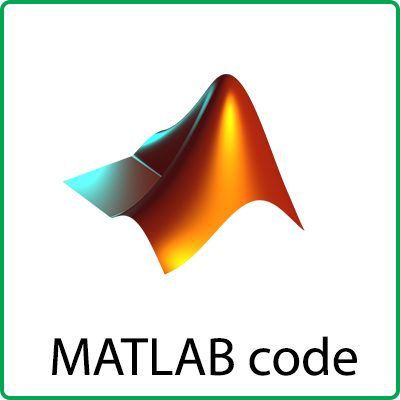Description
We proposed a new RPCA method by modeling noise as a MoG distribution under the Bayesian framework. Compared with the current RPCA methods, which assume certain noise distribution (e.g., Gaussian or sparse noise) on data, our method can perform the RPCA task under more complex noises.
The effectiveness of our method was demonstrated by synthetic data with artificial noises and by face modeling and background subtraction problems with real noises.
The proposed method shows clear advantages over previous methods on its capability in accurately recovering the low-rank structure and elaborately extracting the multimodal noise configuration from observed data.

From left to right: original video frames, background extracted by PCA, RPCA, BRPCA, VBRPCA, RegL1ALM, PRMF and MoG-RPCA. The foreground areas are demarcated for easy comparison.
Relative reconstruction error: 0.020855
Estimated rank: 5
ref :
Zhao, Qian, Deyu Meng, Zongben Xu, Wangmeng Zuo, and Lei Zhang. “Robust principal component analysis with complex noise.” In International Conference on Machine Learning, pp. 55-63. 2014.
Two-stage Image Denoising by Principal Component Analysis with Local Pixel Grouping



Reviews
There are no reviews yet.